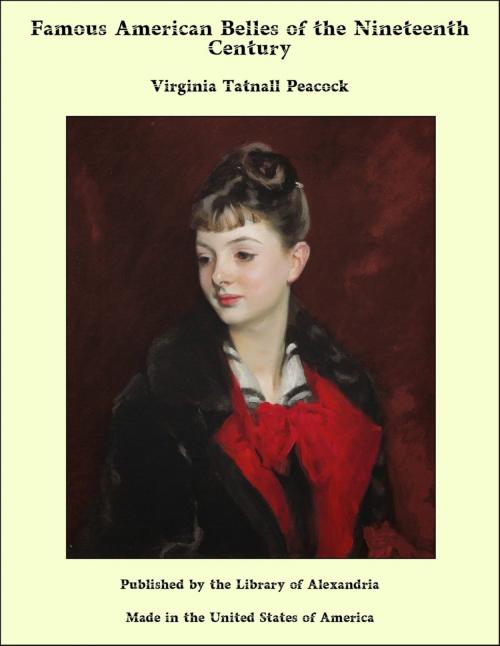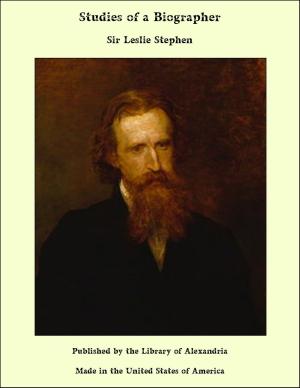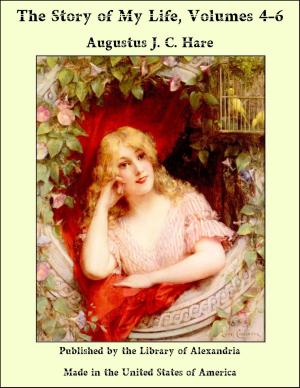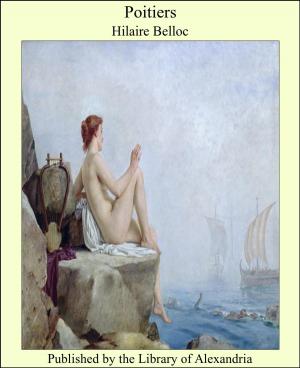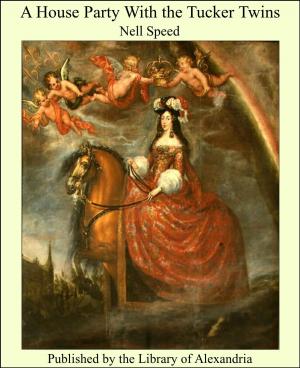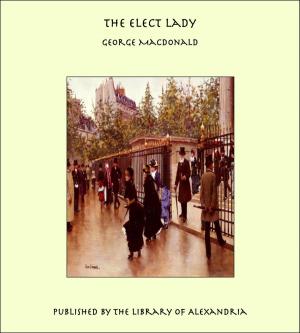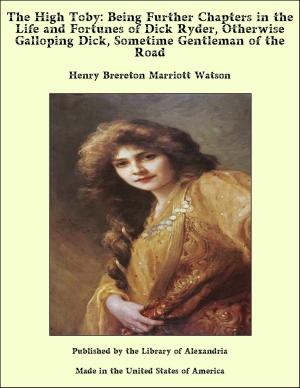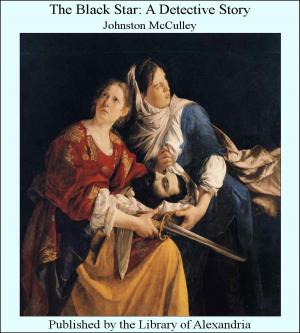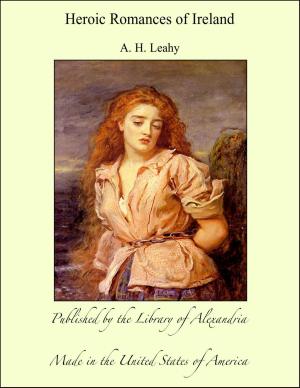Famous American Belles of the Nineteenth Century
Nonfiction, Religion & Spirituality, New Age, History, Fiction & Literature| Author: | Virginia Tatnall Peacock | ISBN: | 9781465616593 |
| Publisher: | Library of Alexandria | Publication: | March 8, 2015 |
| Imprint: | Language: | English |
| Author: | Virginia Tatnall Peacock |
| ISBN: | 9781465616593 |
| Publisher: | Library of Alexandria |
| Publication: | March 8, 2015 |
| Imprint: | |
| Language: | English |
During the century now drawing to its close there have appeared in America from time to time women of so pre-eminent a beauty, so dazzling a wit, so powerful a magnetism, that their names belong no less to the history of their country than those of the men whose genius has raised it to the rank it holds to-day among the nations of the earth. Among them have been women of the highest type of mental and moral development, women of great political and of great social genius, all of whom have left the impress of their remarkable personalities upon their time. When they have manifested these qualities in their girlhood they have risen frequently to an eminence such as it is scarcely possible for the women of any other country to attain at a correspondingly early age. From among the latter class the subjects of these sketches have been taken, those having been selected who seemed most adequately to represent their period and locality and whose fame was beyond question, it having been frequently of national and sometimes of international extent. Rising to wield the magic of their influence in every decade of the century and in every section of the country, some study of the time in which each lived has been necessary in order to give her her proper setting and to justly estimate the power she exercised. The inventions and discoveries America has given to the world in this great century have made vast changes in our material condition, which, in turn, have been productive of striking contrasts between the existence of the women who gave life and color to the early years of the century and that of those who reflect the myriad advantages of its closing days. It argues the possession of extraordinary attributes to have been a belle of wide repute in the days when there was no telegraph to flash the record of a woman's beauty, charm, or social progress from one end of the country to the other, when the press contained only the briefest accounts of purely local and wholly public events, when every letter that might or might not have contained her name or have been a herald of her loveliness cost its sender twenty-five cents a sheet in postage, when her few and simple toilets were painstakingly made by hand, when she went to balls on horseback, arriving sometimes with a wrinkled gown but seldom with a ruffled temper, when all travelling was done by means of a stage-coach, and a journey from one city to another was sometimes the event of a lifetime, and when the comparatively few women who crossed the seas did so in merchant vessels not infrequently owned by their own fathers, and spent many long weeks in the passage.
During the century now drawing to its close there have appeared in America from time to time women of so pre-eminent a beauty, so dazzling a wit, so powerful a magnetism, that their names belong no less to the history of their country than those of the men whose genius has raised it to the rank it holds to-day among the nations of the earth. Among them have been women of the highest type of mental and moral development, women of great political and of great social genius, all of whom have left the impress of their remarkable personalities upon their time. When they have manifested these qualities in their girlhood they have risen frequently to an eminence such as it is scarcely possible for the women of any other country to attain at a correspondingly early age. From among the latter class the subjects of these sketches have been taken, those having been selected who seemed most adequately to represent their period and locality and whose fame was beyond question, it having been frequently of national and sometimes of international extent. Rising to wield the magic of their influence in every decade of the century and in every section of the country, some study of the time in which each lived has been necessary in order to give her her proper setting and to justly estimate the power she exercised. The inventions and discoveries America has given to the world in this great century have made vast changes in our material condition, which, in turn, have been productive of striking contrasts between the existence of the women who gave life and color to the early years of the century and that of those who reflect the myriad advantages of its closing days. It argues the possession of extraordinary attributes to have been a belle of wide repute in the days when there was no telegraph to flash the record of a woman's beauty, charm, or social progress from one end of the country to the other, when the press contained only the briefest accounts of purely local and wholly public events, when every letter that might or might not have contained her name or have been a herald of her loveliness cost its sender twenty-five cents a sheet in postage, when her few and simple toilets were painstakingly made by hand, when she went to balls on horseback, arriving sometimes with a wrinkled gown but seldom with a ruffled temper, when all travelling was done by means of a stage-coach, and a journey from one city to another was sometimes the event of a lifetime, and when the comparatively few women who crossed the seas did so in merchant vessels not infrequently owned by their own fathers, and spent many long weeks in the passage.
